KIKI RABBIT FOOD 1KG
د.إ 32.00
Brand: KIKI
Description: complete food for RABBITS
Unit: Bag
Weight: 1KG
SKU: 8420717305083
Categories: rabbits, rodents food
Tags: kiki, kiki max menu, kiki rabbit food, rabbit food, rabbits
Description
KIKI rabbit food
KIKI EXCELLENT Max menu for rabbits: This delicious is carefully prepared with selected premium seeds, and wild herbs. It ensures that our guinea pig chums are well nourished, with all the essential nutrients, vitamins and minerals they need.
KIKI rabbit food
Providing a well-balanced diet is crucial for the health and well-being of pet rabbits. Here are some specifications for rabbit food:
- Hay: Hay is the cornerstone of a rabbit’s diet and should make up the majority of their food intake. Timothy hay, orchard grass hay, or other grass hays are suitable options. Hay provides essential fiber for proper digestion, helps wear down rabbits’ continuously growing teeth, and promotes good dental health. Offer unlimited access to hay at all times.
- Fresh Vegetables: Fresh vegetables should be a significant part of your rabbit’s diet and provide essential vitamins and minerals. Safe options include dark leafy greens (such as kale, romaine lettuce, spinach, and parsley), bell peppers, carrots, broccoli, celery, and herbs like cilantro and basil. Introduce new vegetables gradually to avoid digestive upset, and ensure they are thoroughly washed and pesticide-free.
- Pellet Food: Choose a high-quality pellet food specifically formulated for rabbits. Pellets should be made primarily from hay or grass and should not contain seeds, nuts, or colored pieces. Pellets provide additional nutrients and help ensure your rabbit’s dietary requirements are met. Offer pellets in moderation, typically about 1/8 to 1/4 cup per day per five pounds of body weight.
- Occasional Treats: Treats should be given sparingly and in small quantities to prevent obesity and digestive issues. Safe treats for rabbits include small pieces of fruit (such as apple, banana, or berries), a small amount of plain yogurt, or commercial rabbit treats made from natural ingredients. Avoid sugary or starchy treats, as well as those high in fat or salt.
- Fresh Water: Clean, fresh water should be available at all times for your rabbit. Use a water bottle or heavy ceramic bowl to prevent spills and contamination.
- Avoid Foods Harmful to Rabbits: Avoid feeding rabbits foods that are toxic to them, such as chocolate, caffeine, onions, garlic, iceberg lettuce, and foods high in fat, sugar, or salt.
- Feeding Schedule: Offer hay, vegetables, and pellets throughout the day, with fresh vegetables provided once or twice daily. Monitor your rabbit’s weight and adjust the amount of food offered accordingly to prevent obesity.
Read more:
Reviews (0)
Be the first to review “KIKI RABBIT FOOD 1KG” Cancel reply
Related products
bird food
د.إ 21.00 – د.إ 35.00
This product has multiple variants. The options may be chosen on the product page
bird food
د.إ 15.00 – د.إ 28.00
This product has multiple variants. The options may be chosen on the product page
turtle food
د.إ 18.00 – د.إ 68.00
This product has multiple variants. The options may be chosen on the product page
bird food
د.إ 15.00 – د.إ 25.00
This product has multiple variants. The options may be chosen on the product page

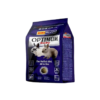
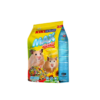
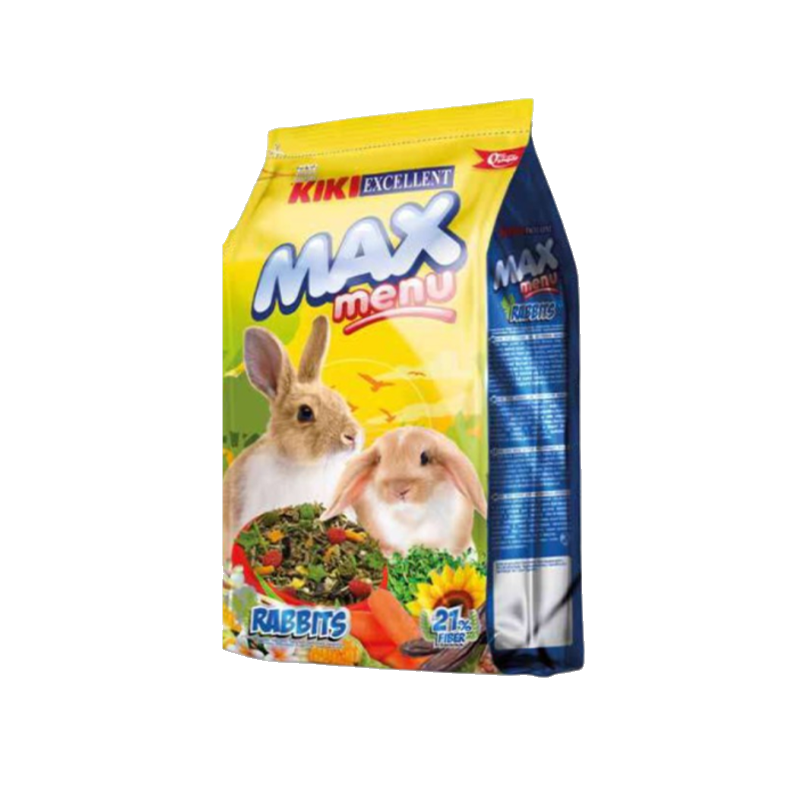
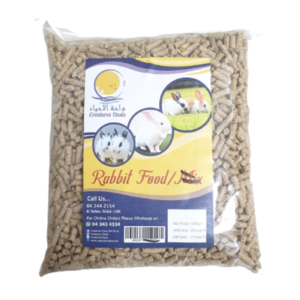
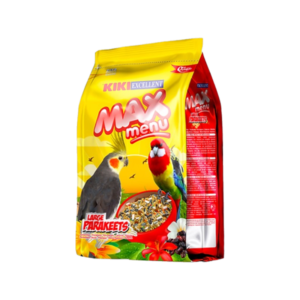
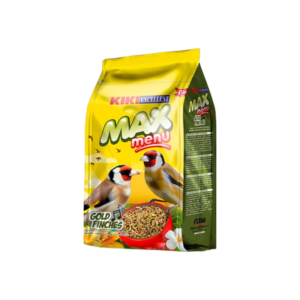
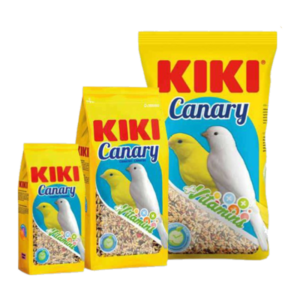
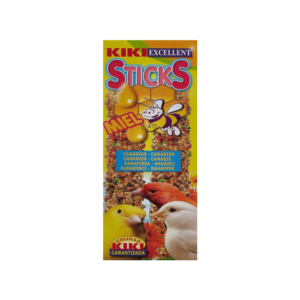
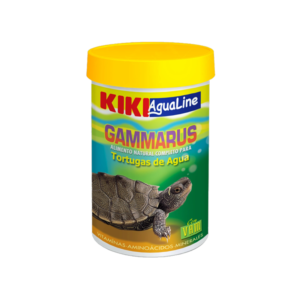
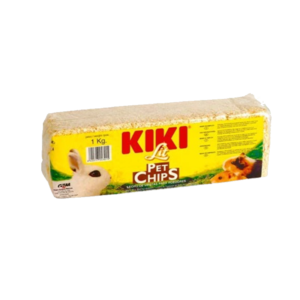
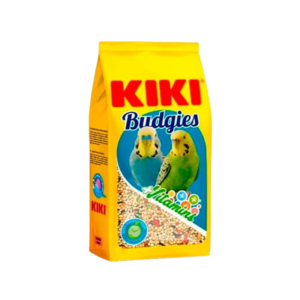
Reviews
There are no reviews yet.